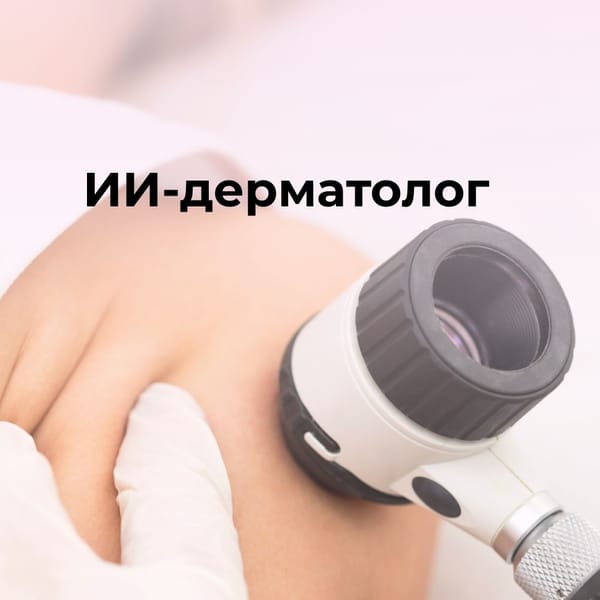Avoiding Unnecessary Tests: Why Nutritionists Don't Always Know Best
There are many different areas of medicine today, including integrative medicine and alternative therapies. Interestingly, these areas of medicine sometimes have limited connection to traditional evidence-based medicine. Practitioners using these methods prefer to conduct extensive laboratory tests and then interpret the results according to their own standards, which may differ from reference ranges established by scientific research. This can cause misunderstandings and raise questions about the scientific validity of these methods.
Let's analyze a few tests, each of which can be almost "useless" or not needed at all by anyone:
- Complete blood count (CBC): A good laboratory test. It can help suspect bacterial or viral infections, anemia, or certain blood cancers, but by itself, it will be "useless." To correctly differentiate the etiology of infection or anemia, additional blood tests are needed, as well as a patient history.
For example, to determine the type of anemia, we need to take a blood test for:
- Serum iron
- TIBC (Total Iron Binding Capacity)
- Ferritin
- Vitamin B12
- Folic acid
The most common type of anemia is iron deficiency anemia (IDA). With a lack of iron, hemoglobin and serum iron may still be within the normal range, but the iron stores in the body (ferritin) are close to zero. This condition is called latent (hidden) iron deficiency. However, with IDA, hemoglobin, serum iron, and ferritin will be below normal.
Now, here are a few of the most completely useless and expensive tests. These are the well-known analysis of the microbiota using the OCU method according to Osipov and a blood test for the NSE oncomarker.
The first one cannot tell us exactly how much of a particular bacterium should be present in our intestines normally, since this method can only detect 20 types of bacteria, while there are more than 1000!
The second one is only needed as an additional marker in a comprehensive examination for suspected small cell lung cancer, neuroblastoma in children, as a prognostic marker, when assessing the effectiveness of therapy, to detect recurrences and metastases of neuroendocrine tumors. And this analysis does not detect any "neuroinflammation"!
What does this have to do with nutritionists? What's wrong with them?
Lately, you can often see nutritionists ordering these tests, then interpreting them to their own liking, making a diagnosis, and additionally prescribing treatment. This is in no way part of a nutritionist's responsibilities! A nutritionist is a specialist in the non-medical field of activity (unless, of course, they are a doctor qualified as a nutritionist), they work with conditionally healthy people, with diet, with food! And if a nutritionist prescribes you, for example, an NSE test before vaccination, run away from such a "specialist."
Reference:
https://www.ncbi.nlm.nih.gov/pmc/articles/PMC6849007/



